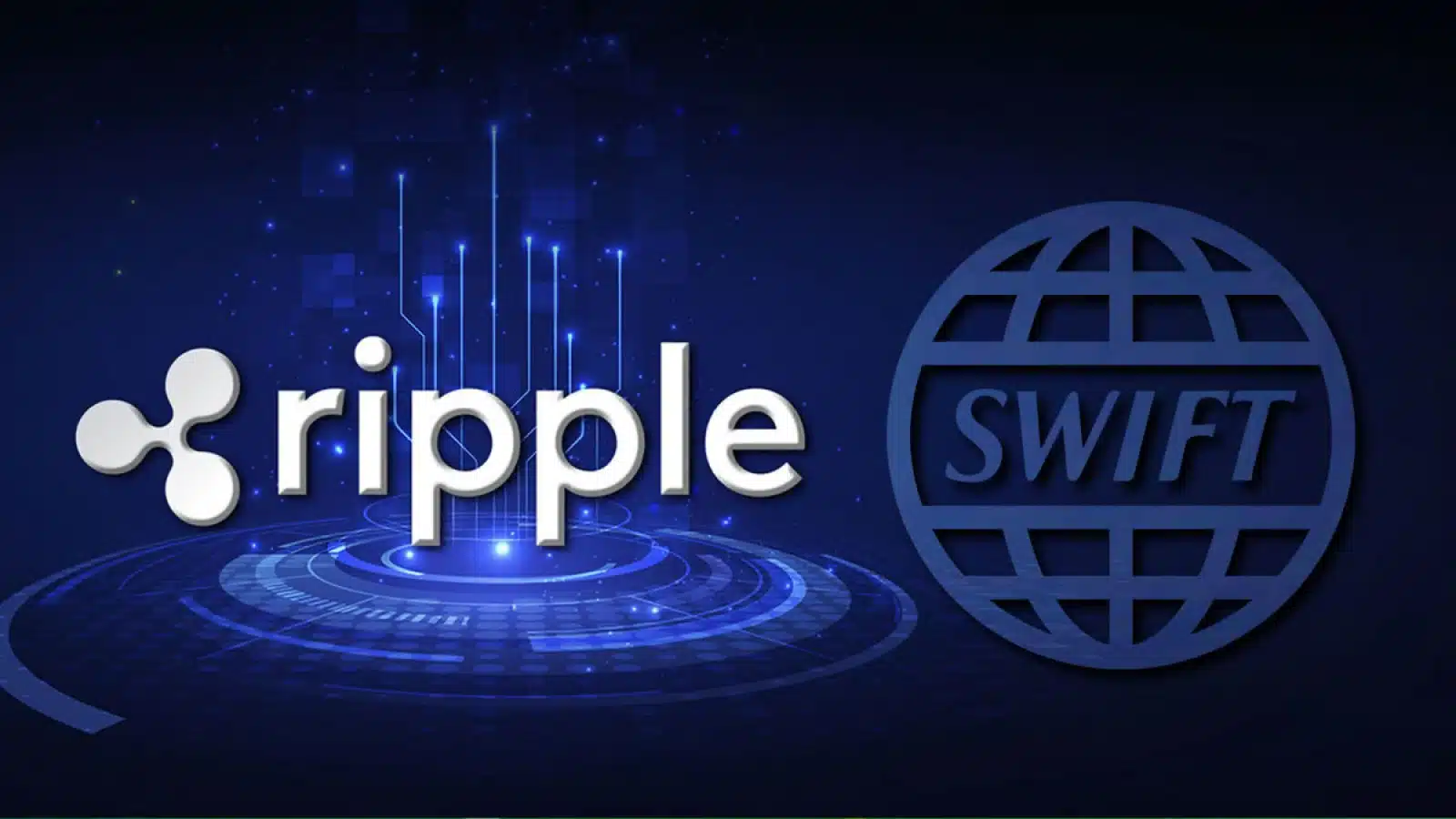- SWIFT’s DLT will revolutionize cross-border payments with Ripple integration.
- Ripple-linked banks like HSBC to play key role in DLT.
- SWIFT’s blockchain shift signals transformation for global financial transactions.
At Sibos 2025, Swift revealed its plans to develop a distributed ledger technology (DLT) aimed at supporting 24/7 cross-border transactions. This ledger will be shared with over 30 banks, many of which are already linked to Ripple ($XRP), including financial giants like HSBC, BBVA, and Citi.
According to @RealAllinCrypto, this collaboration signals a significant shift in how traditional financial systems will integrate with blockchain technology. SWIFT views DLT as a “natural extension” of its ecosystem, which will enhance the efficiency and security of international payments.
These banks, which have established ties with Ripple’s blockchain and its digital asset XRP, are expected to play a critical role in the development of this new system. SWIFT’s integration with Ripple-linked banks signals a convergence of traditional financial systems with the growing influence of blockchain technology.
Also Read: Swift Integrates Blockchain into Payment Systems with New Ledger Collaboration
The Ripple Effect: Banks Already Tied to Ripple Step Up
By connecting its DLT platform to banks that are already exploring Ripple’s blockchain, SWIFT is effectively creating a bridge between traditional banking systems and the digital asset ecosystem. Banks like HSBC, Citi, and BBVA, which have been exploring Ripple for cross-border payments, will now have the opportunity to integrate this new DLT solution into their operations.
This collaboration suggests that traditional financial institutions are increasingly recognizing the benefits of blockchain and digital assets.
A New Chapter in Cross-Border Payments
The planned integration of DLT with banks is expected to transform the landscape of global finance. Traditional banking processes often suffer from delays, high fees, and limited availability, especially in cross-border payments. With SWIFT’s new system, these barriers could be significantly reduced, providing a faster and more efficient solution for international transactions.
As financial institutions embrace the potential of blockchain technology, SWIFT’s move represents a major shift in how cross-border payments will be processed in the future. The integration of blockchain technologies into SWIFT’s existing ecosystem will allow for continuous, real-time transactions, marking a significant step toward modernizing global financial systems.
SWIFT’s latest development highlights the growing role of blockchain in the evolution of traditional finance. With more financial institutions adopting these technologies, the stage is set for a major transformation in the way money moves across borders.
Also Read: XRP Rich List Update: Here Are the Number of Wallets Controlling the Most and Least XRP
